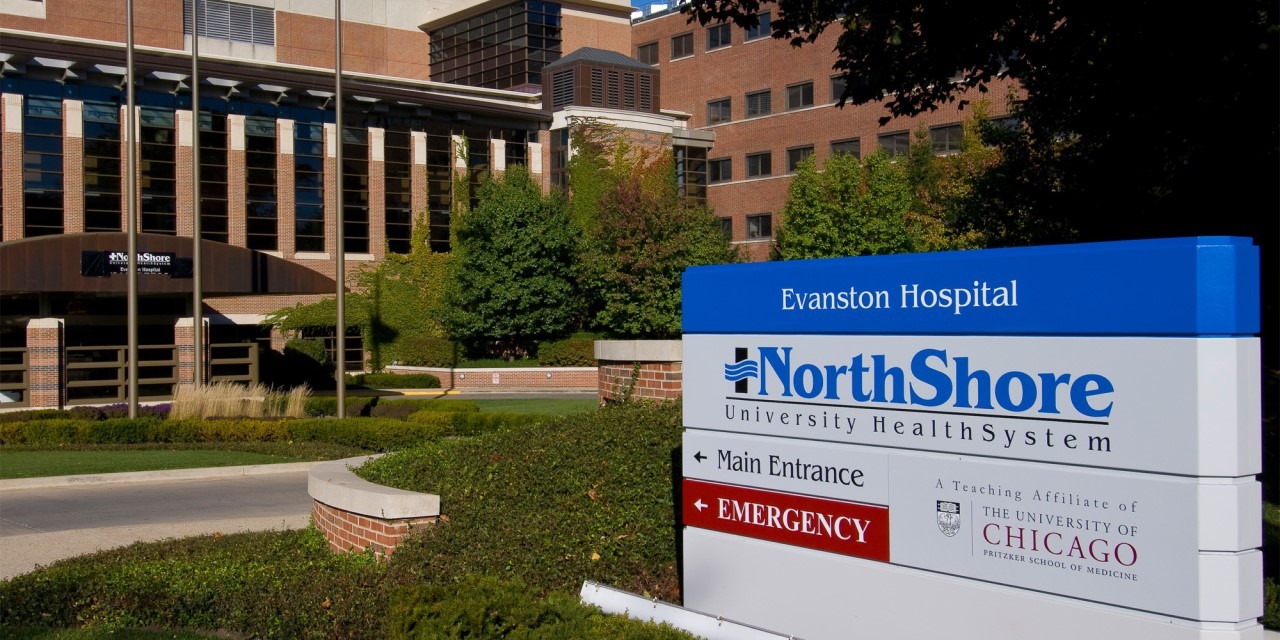CHICAGO — A state appeals panel has reversed a jury’s award of more than $50 million for parents who sued because of their son’s cerebral palsy, which they attribute to injuries suffered during birth at Evanston NorthShore Hospital.
A Cook County jury in October 2018 delivered the verdict in favor of Aimee and David Florez, who sued on behalf of their son, Julien. Defendants included NorthShore University Health System, which operates the Evanston hospital; physician Armin Drachler, and a nurse. The jury found against all three defendants, ordering a total award of $50.3 million, including $20 million for “future loss of a normal life” and $12 million for “future medical expenses.”
A judge rejected the defendants’ request for a new trial in February 2019, prompting an appeal a month later to the Illinois First District Appellate Court. Justice Sheldon Harris wrote the opinion; justices Mary Mikva and Joy Cunningham concurred.
In their 2014 lawsuit, the Florez family alleged Julien suffered severe brain injuries at birth, after medical staff allegedly failed to properly interpret fetal monitoring strips and ordered Aimee Florez to receive the drug Pitocin, which speeds delivery by causing stronger contractions. Those contractions, the complaint said, placed greater stress on Julien, who was already allegedly struggling in the womb.
Though born unable to breathe, delivery room workers resuscitated Julien, but not before he suffered a “severe and permanent brain injury” according to a press release from the Florez’s attorneys, with the firm of Salvi Schostok & Pritchard, of Chicago.
According to the panel, the defendants based their appeal on the exclusion of information regarding Julien’s autism diagnosis, which they presented fewer than 60 days before the trial began. Harris wrote that the appeals court has held the rule stipulating that buffer period “does not automatically require the trial court to bar an expert witness disclosed less than 60 days before trial.”
The panel noted the family, only 56 days before the trial, “supplemented their answers to written discovery with ‘a copy of the June 25, 2018, psychological evaluation for Julien Florez from the Center for Neuropsychology and Behavioral Health.’ ” The defendants filed supplemental answers to the family’s questions two weeks later.
“In those answers,” Harris wrote, “defendants’ experts opined that Julien’s autism diagnosis is ‘one more piece of evidence’ that ‘is consistent with and supportive of (their) opinion that Julien Florez did not suffer from an acute injury at or around the time of labor and delivery.’ ” They further identified the doctor who conducted the evaluation as an expert witness. The trial court agreed to strike the defendants’ disclosures as untimely.
“Dr. Young conducted her evaluation and prepared a written report on June 25, 2018,” Harris wrote. “She discussed the results with Julien’s family that day. Approximately one month later, plaintiff’s counsel was given the report and they filed it as supplemental discovery on July 25, 2018. While we acknowledge that plaintiff’s counsel tendered the report as soon as they received it, plaintiff gives no reason why they waited a month before presenting Dr. Young’s report to their counsel. If plaintiff had supplemented their discovery after receiving Dr. Young’s report on June 25, 2018, defendants would have had time to file their supplemental answers before the 60-day deadline.”
The panel disagreed with the family’s contention Julien’s autism diagnosis was “well-documented” in the remaining evidence. That diagnosis was central to the defendants’ position the brain injury occurred before birth and Julien’s language deficits reflected a neurodevelopmental disorder and not an intellectual disability.
Without addressing the merit of the defendants’ position, the panel said without the contested information the jury was unable to adequately resolve the conflicting arguments and further was prejudiced in assessing damages.
The panel reversed the verdict and remanded the case for a new trial.
NorthShore and the other defendants were represented by David C. Burtker, of Cunningham, Meyer & Vedrin P.C., of Chicago.
